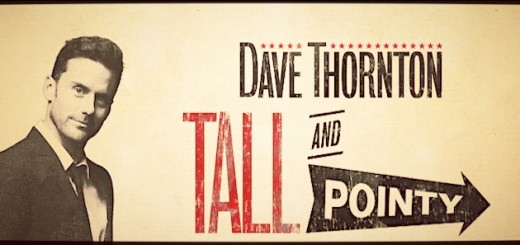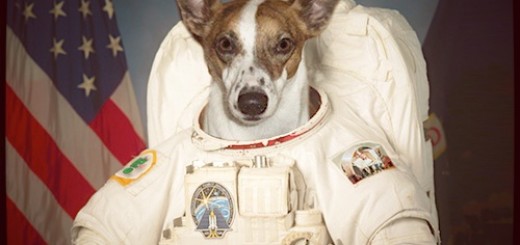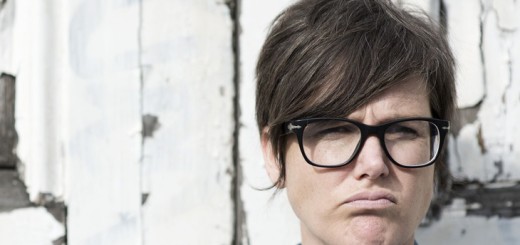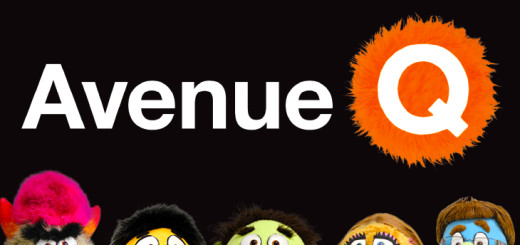
Review – Zero Dark Thirty

Zero Dark Thirty is one ambitious piece of work. Directed by Oscar-winning director Kathryn Bigelow (The Hurt Locker), the film is a procedural police drama blown up to a world-spanning, history-defining scale, giving its best shot at a behind-the-scenes account of not just the hunt for Osama Bin Laden, but of the broader war on terror itself. The film opens with a brutal one-two of audio from chilling phone calls made by victims trapped in the burning fires of the World Trade Centre on 9/11, followed by a relentless series of torture scenes depicting terrorists being waterboarded, humiliated and deprived of basic necessities.
The film doesn’t pull any punches in its depiction of the brutal realities of torture, yet it also argues the case that Osama would still be kicking back in Pakistan if America hadn’t resorted to such nefarious means. It’s a confronting, thought-provoking message, but nevertheless skirts around the more fundamental questions to be asked of the war on terror – why are terrorists attacking the West, and how can such a war ever be won?
It also has to be asked whether a remotely accurate account of the hunt for Bin Laden could ever be told, when most accounts of what happened came from the CIA itself – an organisation of spies that cares far more about American national security than the truth. Are they really going to give a remotely honest account of what happened, or are they going to tell the story they want to tell? Unless writer Mark Boal was waterboarding them himself, there’s little chance he had any real idea of what happened.
Still, it’s a well-crafted film, with brooding overtures and tastefully understated cinematography.
Notable also is the complete lack of sensationalism – any movie that manages to humanise both terrorists and intelligence operatives is clearly doing something right.
The movie releases in Australia on the 31st of January 2013
